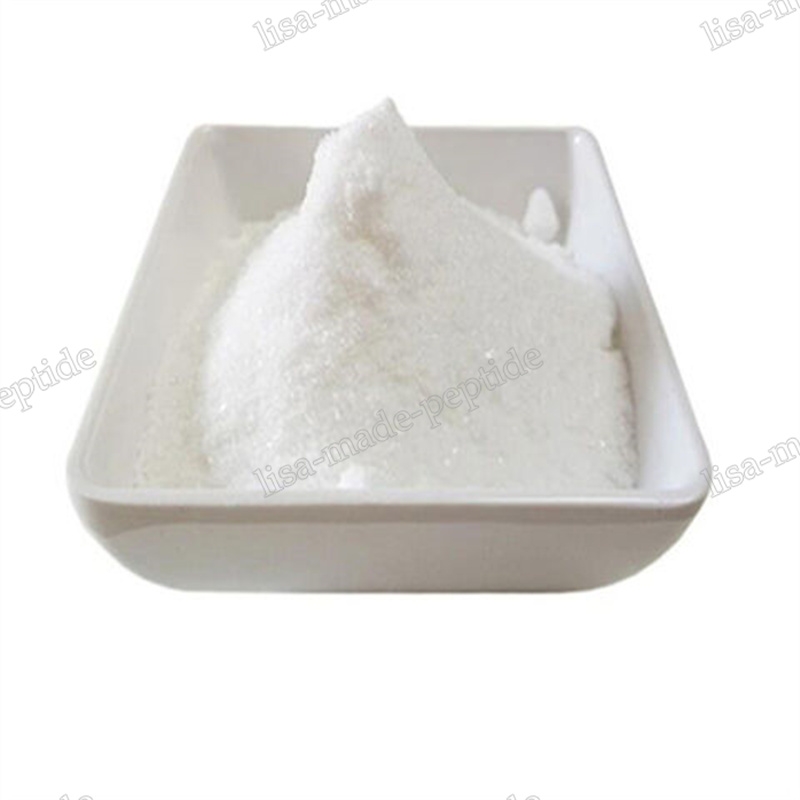-
Categories
-
Pharmaceutical Intermediates
-
Active Pharmaceutical Ingredients
-
Food Additives
- Industrial Coatings
- Agrochemicals
- Dyes and Pigments
- Surfactant
- Flavors and Fragrances
- Chemical Reagents
- Catalyst and Auxiliary
- Natural Products
- Inorganic Chemistry
-
Organic Chemistry
-
Biochemical Engineering
- Analytical Chemistry
-
Cosmetic Ingredient
- Water Treatment Chemical
-
Pharmaceutical Intermediates
Promotion
ECHEMI Mall
Wholesale
Weekly Price
Exhibition
News
-
Trade Service
In 2022, due to the impact of the epidemic, geopolitics and the Federal Reserve's continued interest rate hikes, the world economy and financial markets continued to fluctuate, and the global initial public offering (IPO) was generally frustrated
.
However, with strong resilience and vitality, China's economy has generally continued to recover its development trend, and A-share IPO fundraising has reached a record high
.
According to statistics, in 2022, a total of 427 enterprises were listed on the three major stock exchanges of Shanghai, Shenzhen and Beijing, a decrease of 18.
2% compared with 2021; The initial offering raised 569.
187 billion yuan, an increase of 4.
65% over 2021 and a record high
.
Among them, there were 63 IPO companies in the petroleum and chemical sector, raising 111.
952 billion yuan in the initial offering, accounting for 19.
67% of the total funds raised in the initial offering, which also reached a new high
.
In the eyes of industry insiders, the funds raised by China's A-share IPO hit a record high, mainly due to the breakthrough progress
in the reform of the registration system.
The core of the registration system reform is to further rationalize the relationship between the government and the market, give full play to the decisive role of the market in resource allocation, promote all parties in the market to be in place and fulfill their responsibilities, realize regulatory transformation, and effectively promote capital formation
.
Among the above 427 enterprises, 354 were listed through the registration system, accounting for more than 80%.
Registered listed companies such as the Science and Technology Innovation Board, ChiNext and the Beijing Stock Exchange have become the main force
in the A-share IPO market.
In 2022, among the IPO companies, there will be 150 companies on the ChiNext Board, 124 on the Science and Technology Innovation Board, 39 on the Shenzhen Main Board, 31 on the Shanghai Main Board, and 83 on the Beijing Stock Exchange
.
Among them, in the petroleum and chemical sector, there are 24 ChiNext, 19 on the Science and Technology Innovation Board, 5 on the Shenzhen Main Board, 6 on the Shanghai Main Board and 9 on the Beijing Stock Exchange
.
From the perspective of subdivided industries, there are 2 petroleum and petrochemical (oil and gas exploitation, refining and trading) industries, 32 basic chemical (coatings, carbon black, pesticides, plastics, chemical fibers, etc.
) industries, and 29 other (chemical preparations, electronic chemicals, semiconductor materials, etc
.
) industries.
It is worth noting that in 2022, thanks to the policy of returning red-chip new shares to A-shares, CNOOC, one of the "three barrels of oil", spent its IPO on the Shanghai Stock Exchange, raising a total of 32.
1 billion yuan in net funds, contributing to the A-share IPO market
.
In 2022, the proportion of national "specialized, specialized and new" enterprises in new shares will continue to rise, reaching 165.
Among them, there are 24 chemical enterprises, including Hujiang Materials, Deshi Co.
, Ltd.
, Sanyuan Biotechnology, China Catalyst, Zhejiang Hengcheng, Jusailong, Wright Optoelectronics, Huarong Chemical, Lushan New Materials, Zhongfu Shenying, Haichuang Pharmaceutical, Fuyuan Pharmaceutical, Feiwotai, Haizheng Biomaterials, Yuanxiang New Materials, Sanwei Shares, Tianli Lithium Energy, Polyrubber Shares, Xinde New Materials, Wanrun New Energy, Yeguang, Hanwei Technology, Huami New Materials, Shangtai Technology
.
In addition, there are many
companies that will be transferred to the list in 2022.
According to statistics, by the end of 2022, 65 NEEQ companies had been successfully listed
on A-shares after delisting.
Among them, 45 enterprises were listed on the Growth Enterprise Market, including 10 chemical enterprises, namely Tianli Lithium Energy, Yuanxiang New Material, Meinong Biotechnology, Liansheng Chemical, Tynecon, Fujilai, Heshun Technology, Jusailon, Sanyuan Biotechnology, and Deshi Shares; Fifteen companies have been listed on the Science and Technology Innovation Board, including 2 chemical companies, namely Wright Optoelectronics and China Catalyst
.
Industry insiders believe that the transfer of enterprises is of great significance to the construction of China's multi-level capital market, which means that the multi-level capital market system has been further smoothed and improved
.
The key system of "transfer board" between the Beijing Stock Exchange, the Science and Technology Innovation Board of the Shanghai Stock Exchange and the Growth Enterprise Market of the Shenzhen Stock Exchange can complement each other's advantages and make the connection between different sectors closer
.
When implementing and studying the spirit of the Central Economic Work Conference recently, the China Securities Regulatory Commission mentioned that it is necessary to deeply promote the reform of the stock issuance registration system, highlight the essence of handing over the right to choose to the market, combine decentralization, and improve the efficiency of
resource allocation.
This means that the comprehensive registration system will be officially launched in 2023, which is bound to give birth to a large number of new materials, new energy and other companies to go public.
Liao Qun, chief economist of the Chongyang Institute for Financial Studies of Chinese Minmin University, said that the most important thing in 2023 is market-oriented reform, and the registration system reform has not yet been fully promoted, and it is necessary to accelerate the reform process and do a good job in the registration system at the source, so that the capital market has a fundamental impetus
.
Only when a comprehensive registration system is achieved can it be a real capital market
.







